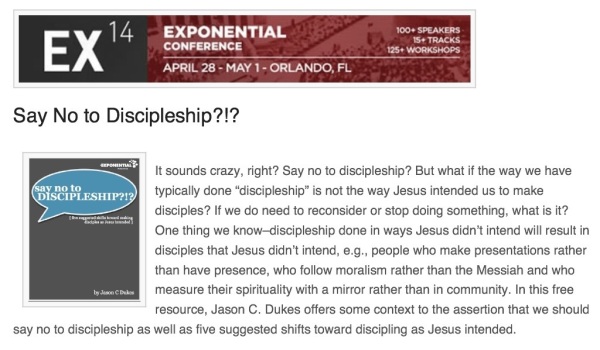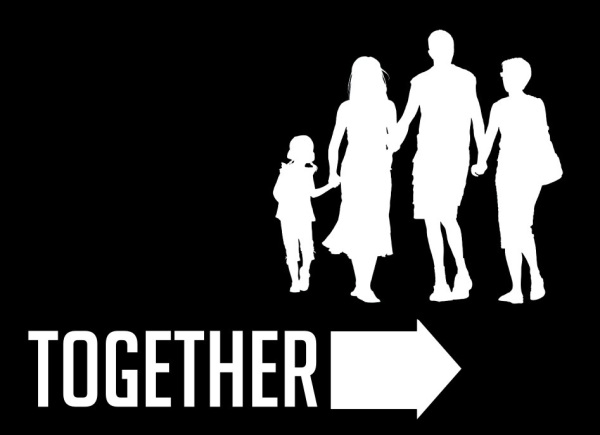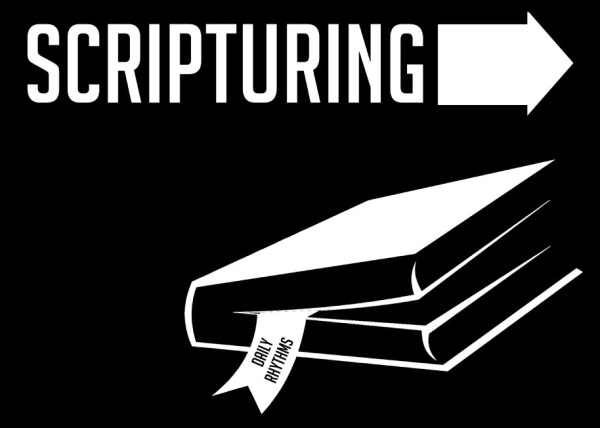“when dissolving does not mean disaster”
by Jason C Dukes
For those church starters out there whose church starts don’t always turn out like the GRAND vision they had dreamed, remembering our purpose to be fruitful and multiply, no matter how noticed or unnoticed it is, is important. We pray this might be encouraging.
My wife and I say farewell to Westpoint Church, a local church family we helped start a little over 10 years ago that has been living sent on the westside of Orlando, FL and around the world. This is not a story of dissolution and disaster, of farewell and failure. Rather, it is a story of actual multiplication.
Here is a history of Westpoint Church. Having helped start 10 new churches in 10 years, having helped birth a church starting network called ReproducingChurches.com with countless new church starts, having helped create a disciple-making environment in the marketplace among business leaders and community residents called HouseBlendCafe.com, as well as having sent hundreds of people to live sent to make disciples in their everyday relationships in Central Florida and around the world, Westpoint Church actually gave themselves away. Eventually, a multiplier dies, leaving those whom have been multiplied to keep multiplying. As Erwin McManus wrote in Unstoppable Force, death is part of the life of any fruitful church, just as death is part of the life of any fruitful grandmother or grandfather.
In a culture where church planting successes are touted as large and loud, here is a story of when dissolving does not mean disaster because strategic and subtle equipping resulted in transformed lives who continue to make disciples in West Orange County and beyond. All glory to God.
May you be encouraged, whatever your church starting story is, to keep equipping for disciple-making in everyday relationships and to keep equipping for living sent in everyday rhythms. Even when giving yourself away means an eventual dissolve.
Here is the link to a 4-minute video in which Jen and I share about a truly prophetic challenge that one mentor gave us just two months into helping to start Westpoint Church.









